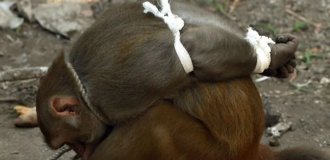Why do the Chinese add years to their age (6 photos)
China still has a culture of "nominal" or "fictitious" age, where many Chinese claim to be a year or two older than their actual birthdate 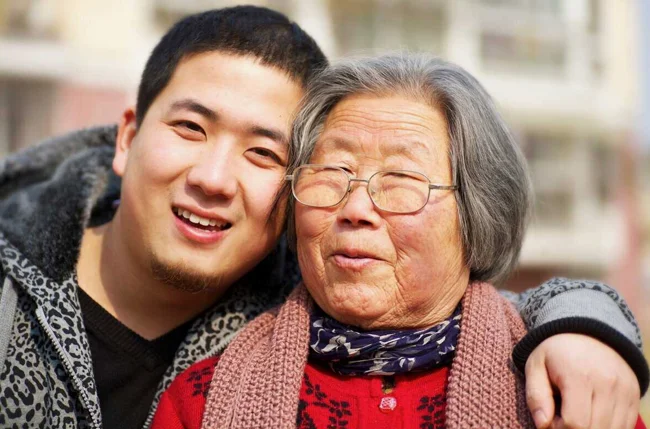
And sometimes because of this, the traditions of Chinese athletes are dogged by accusations of cheating at international games. It happens even more often than doping questions. 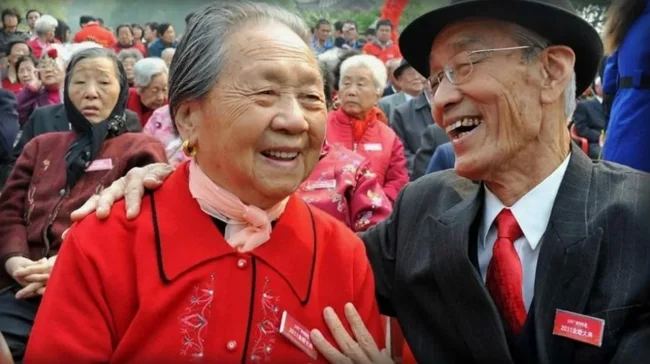
My family says I'm 70, but I'm actually 55! All that damn fictitious age!
And many ordinary Chinese also claim to be a year or two older than their actual birth. And not because they want to deceive international authorities, but because of a tradition known as xu sui - "nominal age" or more literally: "fictitious age".
According to xu sui, a person is considered one year old at birth and becomes one year older every Lunar New Year. Do you remember where else there is such a tradition? In South Korea, but there the government decided to finally abandon the confusing tradition with an official decree.
But retraining China, a country with a population of billions, is much more difficult. According to the xu sui tradition, a child born on the last day of the year can theoretically turn 2 the following day.
The popularity of xu sui varies by region and generation. The practice is most common in central and southern China, in the provinces of Hunan, Hubei, Jiangsu, and Jiangxi. 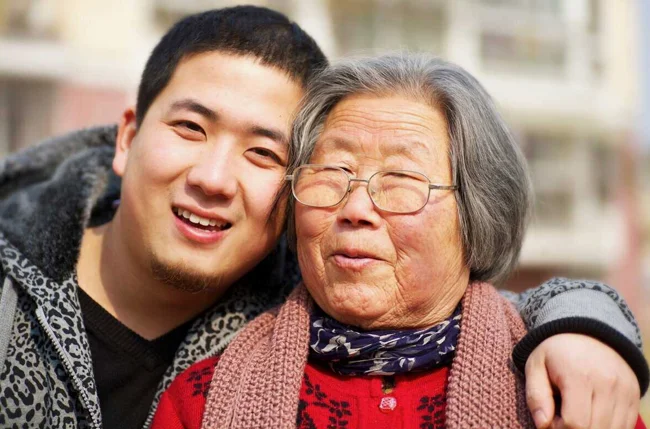
Grandmothers
“My grandparents only follow the lunar calendar, but my parents use it for their birthdays.” While most millennials have given up on the habit altogether, so has the government.
That was a long time ago!
It's funny that Korea gave up on this tradition not so long ago compared to China, which adopted the Gregorian calendar in 1912. And with it, the practice of zhou sui ("yearly age") or shi sui ("real age"), which is considered legally correct in China. 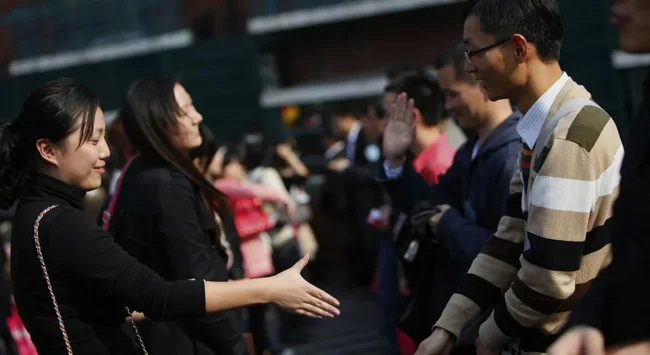
If age is such a variable value, why not knock a few years off on a date?
But a hundred years have passed, and the tradition has not been eradicated! Rather, real age is used in age laws, confirmation of consent to marriage.
What is the use of fictitious age?
The Chinese widely use the "fictitious age" xu sui, as a loophole! Because many parents use the one or two year difference in age to send their child when they think it is necessary.
Because the minimum age barrier for entering primary school is too arbitrary (the child must be 6 years old by August 31 of the year in which he or she enters school). And so the parents themselves determine whether the child is six years old or not, at their discretion. 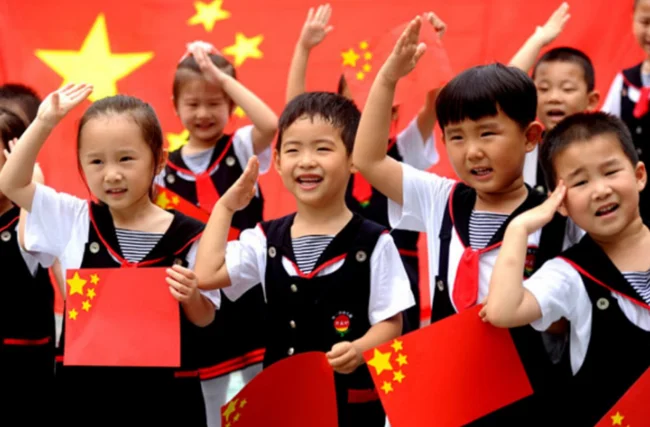
Someone is six, someone is seven, and someone is eight!
And at the Olympic Games, this is a common occurrence. In 2009, an X-ray scan conducted by the Ministry of Sports in Guangdong before the Asian Games showed that more than 3,000 athletes exaggerated their age. True, a year or two does not change anything here, only those who knocked off seven years were censured. No tradition will help here.
Is Birthday a holiday?
That's what interests me most here - the key difference between our culture and the Chinese. Because the practice of xu sui is still alive and well, it is a reflection of the fact that birthdays are traditionally unimportant in Chinese culture.
The ancients recorded the hour of a person's birth, or shengchen, for astrological purposes. The time of birth is much more important than the date! Only significant dates were celebrated: 1, 18, 50, 60 and 70 years old. That is, only children and old people celebrate. 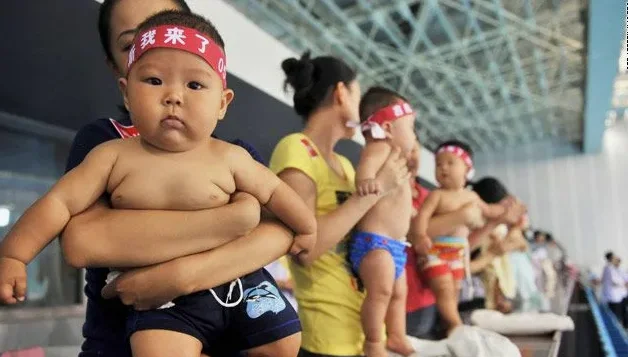
The year is also celebrated because, due to infant mortality, a year in the old days is a guarantee that the child will survive
And the fictitious age of xu sui is often used by girls to look a little younger. If your parents tell you that you are 24, you tell everyone that it is xu sui, but in reality you are 23. A small thing, but nice!







